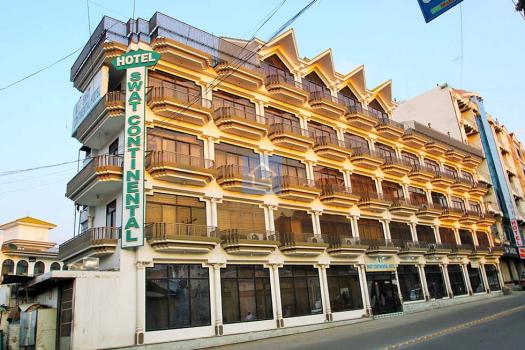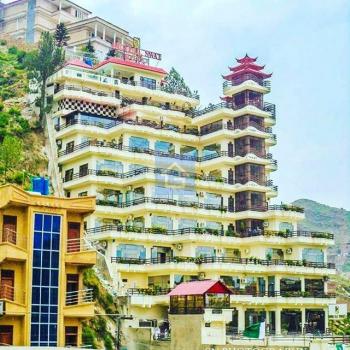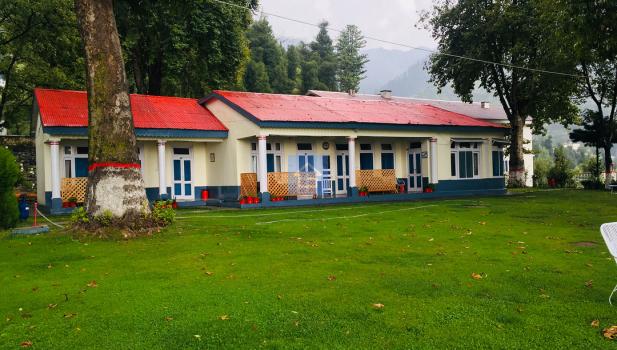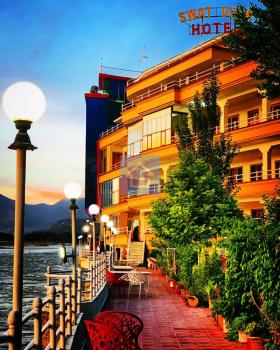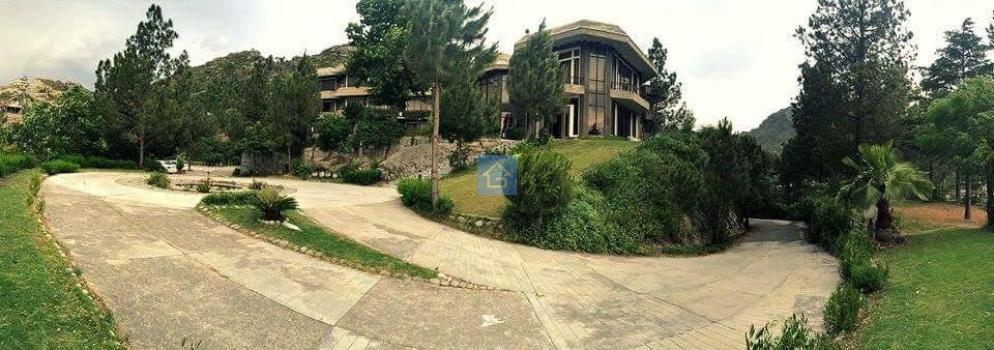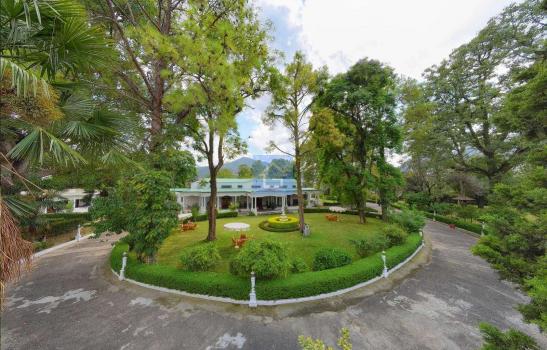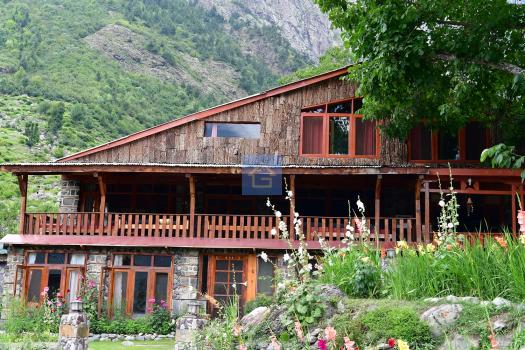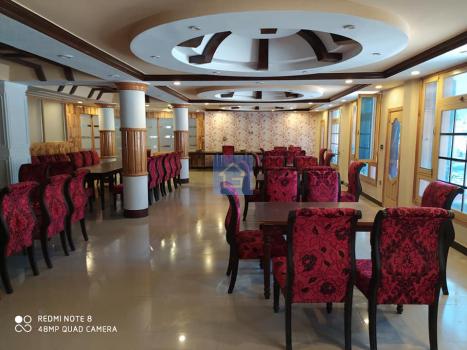- Home
- Browse Blogs
- Travel Destinations
- About Balochistan, Pakistan
About Balochistan, Pakistan
Literally means the land of Balouchs, Balochistan is the area wise largest province of Pakistan, it constitutes approximately 44% of the total area of Pakistan. According to government figures 2009 estimates, Balochistan has a population of roughly 10 million. Its borde..
About Balochistan, Pakistan
Literally means the land of Balouchs, Balochistan is the area wise largest province of Pakistan, it constitutes approximately 44% of the total area of Pakistan. According to government figures 2009 estimates, Balochistan has a population of roughly 10 million. Its border with Iran in the west, Afghanistan and the KPK Province to the north, Punjab, and Sindh in the east.
South of Balochistan is bordered by the Arabian Sea. The principal languages in the province are the native Balochi and Brahui, followed by Pashto, Sindhi, Hazaragi, and Persian. Quetta is the capital and the largest city of Balochistan, which is a multi-ethnic, multilingual city. Balochistan is rich in natural resources.
It is the main source of natural gas in Pakistan. Geography of Balochistan, Balochistan is located at the south-eastern edge of the Iranian plateau. It strategically bridges the Middle East and Southwest Asia to Central Asia and South Asia and forms the closest oceanic frontage for the land-locked countries of Central Asia. The total area of Balochistan is 347,190 km (134,051 square miles), which is approximately 44% of the total land area of Pakistan.
The population density here is very low due to the mountainous terrain and scarcity of water. The southern region is known as Makran. The central region is known as Kalat. The Sulaimanki range Mountains dominate the northeast corner and the Bolan Pass is a natural route into Afghanistan towards Kandahar, used as a passageway during the British campaigns to Afghanistan. Much of the province south of the Quetta region is sparse desert terrain with pockets of towns mostly near rivers and streams. The capital city is Quetta, located in the most densely populated district in the northeast of the province.
Quetta is situated in a river valley near the border with Afghanistan, with a road to Kandahar in the northwest. At Gwadar on the coast of the Arabian Sea/Indian Ocean, the Pakistani government is currently undertaking a large project with Chinese help to build a large port. Balochistan Climate Very cold winters and hot summers characterize the climate of the upper highlands.
Winters of the lower highlands vary from extremely cold in the northern districts to mild conditions closer to the Makran coast. Summers are hot and dry, especially the arid zones of Chaghai and Kharan districts. The plain areas are also very hot in summer with temperatures rising as high as 120° F (50° C). Winters are mild on the plains with the temperature never falling below the freezing point. The desert climate is characterized by hot and very arid conditions.
Occasionally strong windstorms make these areas very inhospitable. Population Balochistan has a population of around 10 million inhabitants, which makes up approximately 5% of the Pakistani population. Overall, the Baloch and Brohi population is about 47% whilst the Pashtuns are 46% of the province's population[citation needed]. The rest are mainly Hazaras, Sindhis, and Punjabi. Balochi speaking people are concentrated in the sparsely populated north-west, west, east, and south; Brohui speaking in the center of the province, while the Pashtuns are the majority in the north.
The Vaghiri in north Kalat and Mastung area speak a variant of Sindhi. Similarly, the Lassi of Lasbela speaks another variant of Sindhi/Seraiki named after their tribe. Quetta, the capital of the province, is largely populated with Pashtuns, with Hazara and Punjabi minorities.
A large number of Balochs moved in Quetta after it became the capital of Balochistan in 1970. Near the Kalat region and other parts of the province, there are significant numbers of Baloch Brahui speakers. Along the coast, various Makrani Balochi speaking predominate. In addition, Afghan refugees can be found in the province including Pashtuns and Tajiks. Khuzdar now has a large number of Hazaras. Many Sindhi farmers have also moved to the more arable lands in the east.
There are also a growing number of other ethnic groups consisting of Kurdish, Panjabi, Mohajir, and Iranians who have made Balochistan their home in recent decades. Copper Deposits One of the world's largest copper deposits (and its matrix-associated residual gold) have been found at Reko Diq in the Chagai District of Balochistan. Reko Diq is a giant mining project in Chaghi.
The main license (EL5) is held jointly by the Government of Balochistan (25%), Antofagasta Minerals (37.5%) and Barrick Gold (37.5%). The deposits at Reko Diq are hoped to be even bigger than those of Sarcheshmeh in Iran and Escondida in Chile (presently, the second and the third largest proven deposits of copper in the world). BHP Billiton, the world's largest copper mining company, began the project in cooperation with the Australian firm Tethyan, entering into a joint venture with the Balochistan government. The potential annual copper production has been estimated to be 900,000 to 2.2 million tons.[citation needed].
The deposits seem to be largely of porphyry rock nature Society Balochistan culture is primarily tribal, deeply patriarchal and conservative. Baloch society is dominated by tribal chieftains called "Sardars", who are the ruling elite of Balochistan and have been criticized for blocking the educational development and empowerment of the Baloch people[weasel words], lest their status quo be challenged. 'Honour killings' are commonplace but completely discouraged by majorities.
In one recent incident in August 2008, the Asian Human Rights Commission reported that five women (including three teenagers) in a remote village had been beaten, shot and buried alive in a ditch for the crime of seeking to choose their own husbands. One of the tribesmen involved was the younger brother of a provincial minister from the ruling Pakistan People's Party, and local police, therefore, refused to take any action.
After human rights activists brought the case to national and international attention, Israr Ullah Zehri, who represents Balochistan in the Pakistani Parliament, defended the killings and asked his fellow legislators not to make a fuss about the incident.
He told Parliament, "These are centuries-old traditions, and I will continue to defend them.
Only those who indulge in immoral acts should be afraid." But many Baloch literates are against the horrific crimes which took place in Balochistan.
According to the majority of Baloch, the person or tribe head should be brought to the court and must be punished.
Many Baloch or Balochis have denied the fact that Karo Kari is part of the Balochi culture.
They claim it was a nomad cultural thing which has been stopped for many years, but because of the poor administration of the Pakistani government and to demilitarize the Baloch awareness such actions are taken place.
Recommended list of popular & trending blogs based on visits, people searched.
-
-
-
-
-
-
-
-
-
-
-
-
[Article] The Significance of Contrast in Photography / in Travel Destinations
-
-
-
[Article] The Effects of AI on Photography / in Travel Destinations
-
-
-
-
-
Trending Hotels
Best affordable & leading hotels to stay in swat valley for families, students, honeymoon couples from lahore, karachi, faisalabad, multan, peshawar & islamabad.
Best Holiday Packages
Want to get a great holiday in Swat Valley? At Guestkor Travel we have a full range of holiday deals on offer for affordable prices.
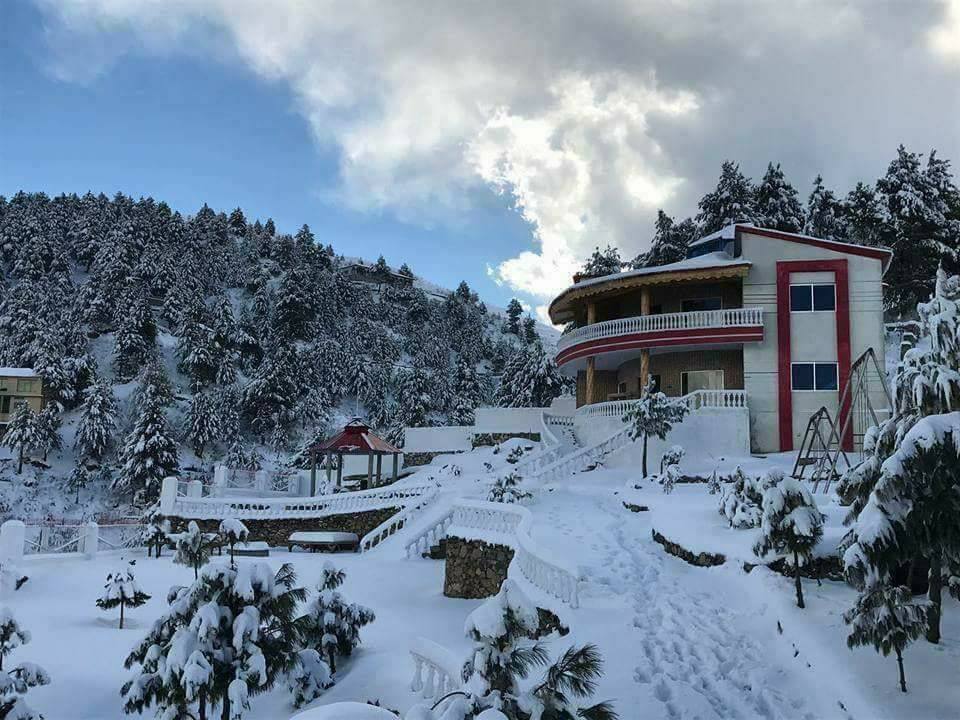
Per Person
2 days 1 night islamabad to malam jabba standard group tour winter/snowfall package
- 9-15 people
- |
- blue area → swat
- (10 reviews)
- Group Tours
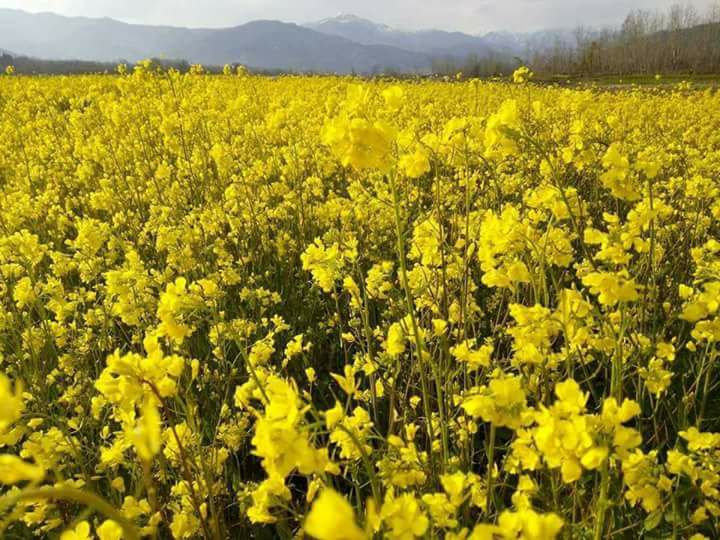
Per Person
2 days 1 night islamabad to gabeen jabba standard family tour winter/snowfall package
- 9-15 people
- |
- blue area → swat
- (6 reviews)
- Family Tours
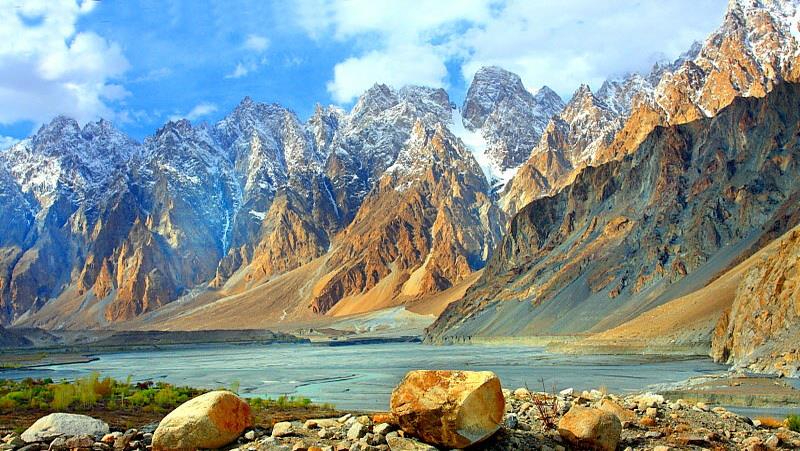
Per Person
6 days 5 nights islamabad to kalash valley standard group tour winter/snowfall package
- 9-15 people
- |
- blue area → chitral
- (6 reviews)
- Group Tours
